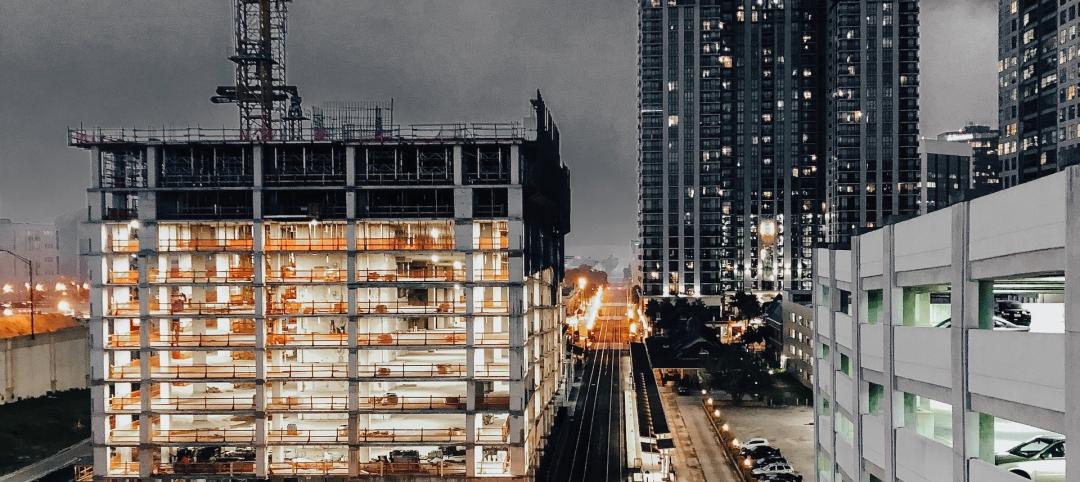A 1.5% payroll tax break for companies moving to San Francisco’s Mid-Market neighborhood is getting mixed reviews.
What became known as the Twitter tax break has boosted business activity in the area, but may have also accelerated the area’s problems, according to a report by the San Francisco Chronicle.
The city’s chief economist says that between 2010 and 2017, Mid-Market produced $6 million more in payroll and gross receipts taxes and added $750,000 in sales taxes to the city’s general fund than it would have if it grew at the same rate as the rest of the city.
In that period, 59 new companies large enough to have to report their payrolls to the city either moved to, or were created in, Mid-Market. The number of retailers grew by 3% in the neighborhood while declining by 1% citywide. The cost to the city was $70 million in lost tax revenue.
The negatives:
— Gentrification has led to higher housing costs and the growth of the district’s homeless population by 1,600 people between 2011 and 2017
— Drug dealing has increased in the neighborhood
— Some companies have failed to follow through on promises they made to aid non-profit organizations in the neighborhood
— Retail vacancies continue to plague the district’s main street
The tax break faces a May 20 expiration, and the consensus is that the city no longer needs to give major tech companies targeted tax breaks, the Chronicle reports.
Related Stories
Affordable Housing | Apr 7, 2023
Florida’s affordable housing law expected to fuel multifamily residential projects
Florida Gov. Ron DeSantis recently signed into law affordable housing legislation that includes $711 million for housing programs and tax breaks for developers. The new law will supersede local governments’ zoning, density, and height requirements.
Energy Efficiency | Apr 7, 2023
Department of Energy makes $1 billion available for states, local governments to upgrade building codes
The U.S. Department of Energy is offering funding to help state and local governments upgrade their building codes to boost energy efficiency. The funding will support improved building codes that reduce carbon emissions and improve energy efficiency, according to DOE.
Resiliency | Apr 4, 2023
New bill would limit housing sprawl in fire- and flood-prone areas of California
A new bill in the California Assembly would limit housing sprawl in fire- and flood-prone areas across the state. For the last several decades, new housing has spread to more remote areas of the Golden State.
Sustainability | Apr 4, 2023
ASHRAE releases Building Performance Standards Guide
Building Performance Standards (BPS): A Technical Resource Guide was created to provide a technical basis for policymakers, building owners, practitioners and other stakeholders interested in developing and implementing a BPS policy. The publication is the first in a series of seven guidebooks by ASHRAE on building decarbonization.
Multifamily Housing | Mar 24, 2023
Washington state House passes bill banning single-family zoning
The Washington state House of Representatives recently passed a bill that would legalize duplexes or fourplexes in almost every neighborhood of every city in the state.
Multifamily Housing | Mar 24, 2023
Momentum building for green retrofits in New York City co-ops, condos
Many New York City co-op and condo boards had been resistant to the idea of approving green retrofits and energy-efficiency upgrades, but that reluctance might be in retreat.
Legislation | Mar 24, 2023
New York lawmakers set sights on unsafe lithium-ion batteries used in electric bikes and scooters
Lawmakers in New York City and statewide have moved to quell the growing number of fires caused by lithium-ion batteries used in electric bikes and scooters.
Codes and Standards | Mar 24, 2023
Changes to ICC building codes development process aimed at more in-depth vetting of proposals
The changes will take effect in 2024-2026 for the development of the 2027 International Codes (I-Codes). They will move the development process to an integrated and continuous three-year cycle.
Multifamily Housing | Mar 24, 2023
Multifamily developers offering new car-free projects in car-centric cities
Cities in the South and Southwest have eased zoning rules with parking space mandates in recent years to allow developers to build new housing with less parking.
Multifamily Housing | Mar 24, 2023
Coastal multifamily developers, owners expect huge jump in insurance costs
In Texas and Florida, where Hurricane Ian caused $50 billion in damage last year, insurance costs are nearly 50% higher than in 2022.

















